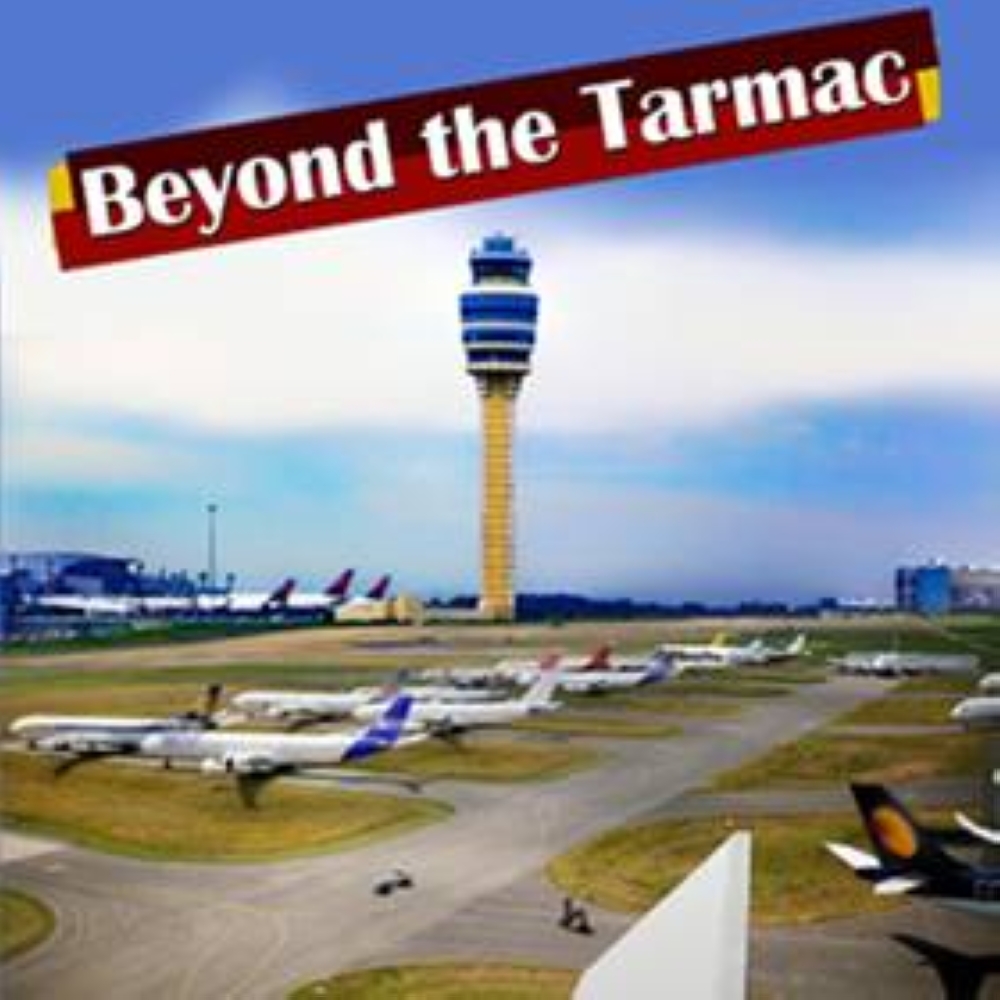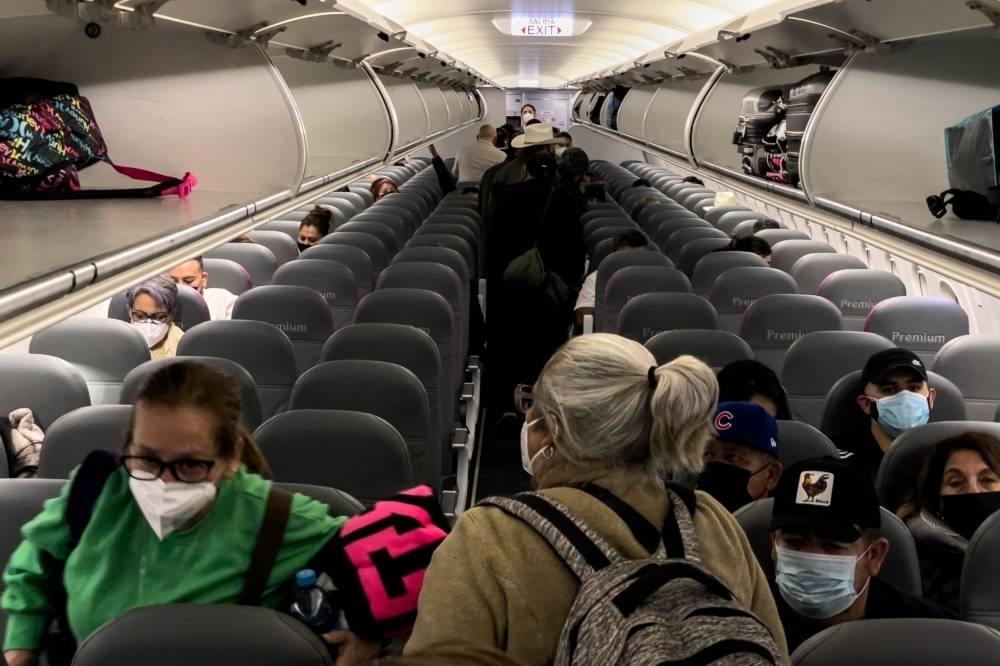
|
One such incident occurred on a Virgin Australia flight recently, where a pilot was forced to leave the cockpit to physically remove the man from the aircraft after he refused to co-operate, Sky News reported.
The incident took place on a Townsville-Sydney flight when the aircraft was on the ground at Townsville Airport.
The pilot was forced to leave the cockpit to physically remove the man from the aircraft after he refused to co-operate.
News.com.au quoted the airline and said the passenger was removed from the flight owing to his unruly and disruptive behaviour. Police was later called to the airport and travel restrictions were also imposed on the passenger.
US banking giant Wells Fargo recently sacked a top Indian executive, who is now under police custody, for allegedly misbehaving with a fellow lady passenger aboard an Air India flight from New York to New Delhi in late November last year.
Air India, recently bought by the sprawling conglomerate Tata Group after decades under state control, has faced a torrent of criticism for its handling of the woman's complaint.
Subsequently, India's aviation regulator admonished Air India's management for not reporting the incident on time.
Last week, two drunk flyers on an IndiGo flight from New Delhi were held in Bihar State’s capital Patna. This follows a complaint to the Indian police from the airline they were flying on that they were under the influence of alcohol.
Obstructive passengers are one of the issues that the aviation industry is still learning to cope with. On-board staff are faced with ever-increasing cases, which with many occurring during the peak holiday season and often making headlines around the world.
While extremely serious disruptive behaviour from air passengers are still rare, it can be costly and cause aircraft delays.
However, there is growing concern from airlines, governments and passengers at the increasing frequency and severity of these incidents that involve violence against crew and other passengers, harassment and failure to comply with safety and public health instructions, according to the International Air Transport Association (IATA).
Committed by a minority of passengers, unruly incidents have a disproportionate impact, threatening safety, disrupting other passengers and crew and causing delays and diversions.
The majority of incidents involved verbal abuse, failure to follow lawful crew instructions and other forms of anti-social behaviour, industry experts say.
A significant proportion of reports indicated physical aggression towards passengers or crew or damage to the aircraft.
Alcohol or drug intoxication was identified as a factor in some cases, though in the vast majority of instances these were consumed prior to boarding or from personal supply without knowledge of the crew.
But due to loopholes in existing laws, many such offences often remain unpunished and culprits go scot-free.
To assist member airlines in prevention and management of unruly passenger incidents, IATA has developed extensive guidance and training, for example in de-escalation techniques and the responsible service of alcohol during flights.
The association is also working with airports, duty-free retailers and other groups to ensure the responsible sales and marketing of alcohol to avoid unruly passenger incidents resulting from intoxication.
In addition, IATA is participating in public awareness campaigns that encourage responsible consumption of alcohol before travelling by air.
IATA has also joined hands with the International Civil Aviation Organisation (ICAO) to introduce guidance on unruly and disruptive passengers.
The guidance is titled ‘Manual on the Legal Aspects of Unruly and Disruptive Passengers’.
The document is the result of the adoption of the ‘Protocol to Amend the Convention on Offences and Certain Other Acts Committed on Board Aircraft’ (Montréal Protocol of 2014).
The guidance will allow national governments to better deal with unruly passengers on international flights by passing appropriate legal measures.
Unruly and disruptive passenger conduct can pose distinct threats to the safety and security of aircraft, flight crew and passengers.
It can also generate costly disruptions to airlines and passengers alike in situations when aircraft need to be diverted to manage these incidents.
Clearly, enhancing safety is the shared goal for governments and airlines, and deterring unruly and disruptive behaviour on flights is key to this.


